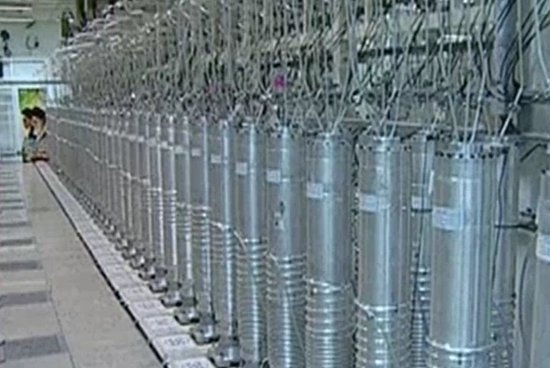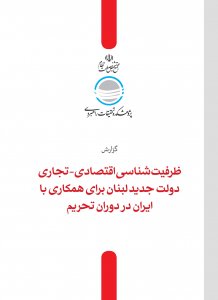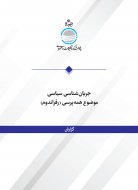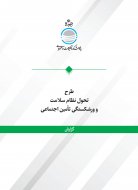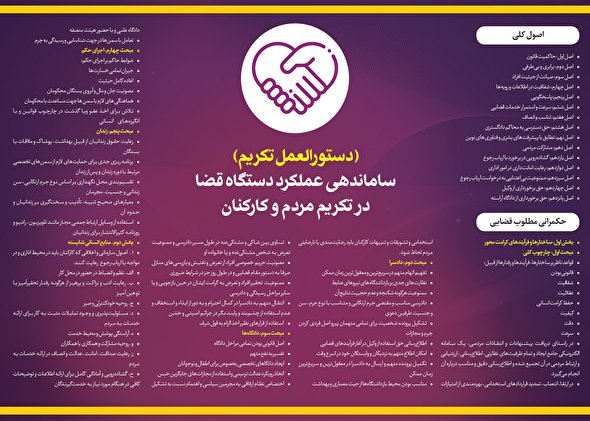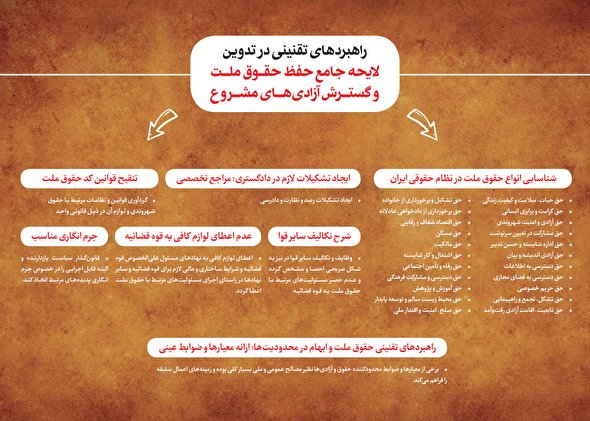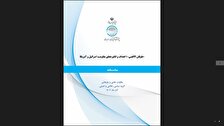
Investigating the effect of electronic banking on selected macroeconomic variables in Iran with a system dynamics approach
In recent years, electronic banking and the use of electronic
payment tools have expanded, and this has led to changes in
monetary variables that can have many economic effects. In this
regard, in this study, the effect of electronic banking on selected
economic variables in Iran has been investigated using modeling
and simulation of system dynamics. The designed model includes
two parts, monetary and real, which also includes electronic
banking. After simulating and validating the model, in the form
of designed scenarios, the effects of electronic banking on
economic variables are investigated. The results of applying
different scenarios showed that the increase of ATMs has
reduced the volume of liquidity, price index, capital
accumulation and production and the increase of sales terminals
has increased the mentioned variables. Simultaneous increase in
ATMs and sales terminals also increased liquidity and price
index and had no effect on capital accumulation and production.
The results also showed that in this case, increasing the volume
of legal reserves as a control policy can neutralize some of the
effects of these instruments on liquidity.

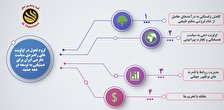
تحول در اولویتهای راهبردی سیاست خارجی ایران برای دستیابی به توسعه در دهه جدید

بررسی محدودیت ماهیانه بانک مرکزی بر روی ترازنامه بانکهای کشور

بایستهها و ضرورتهای تحقق دولت تنظیمگر

جذب سرمایه خارجی جهت توسعه صنعت نیمه هادی در کشور

تبیین پنجاه سال روابط دیپلماتیک ایران و چین

ابزار مذاکره در دکترین سیاسی و امنیتی آمریکا

چشمانداز آتی و لزوم رفع نگرانیهای اقتصادی؛ از آرمانهای مطلوب تا دستاوردهایی ملموس

ترامپ و خلیج فارس؛ امنیت و تجارت

مذاکره با جمهوری اسلامی ایران؛ کلید ایالات متحده برای تثبیت امنیت انرژی و مهار چین

